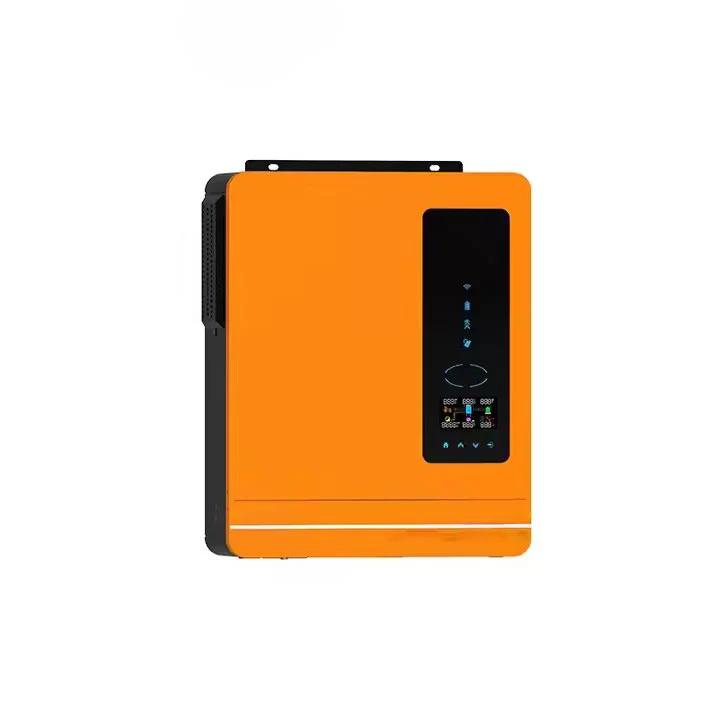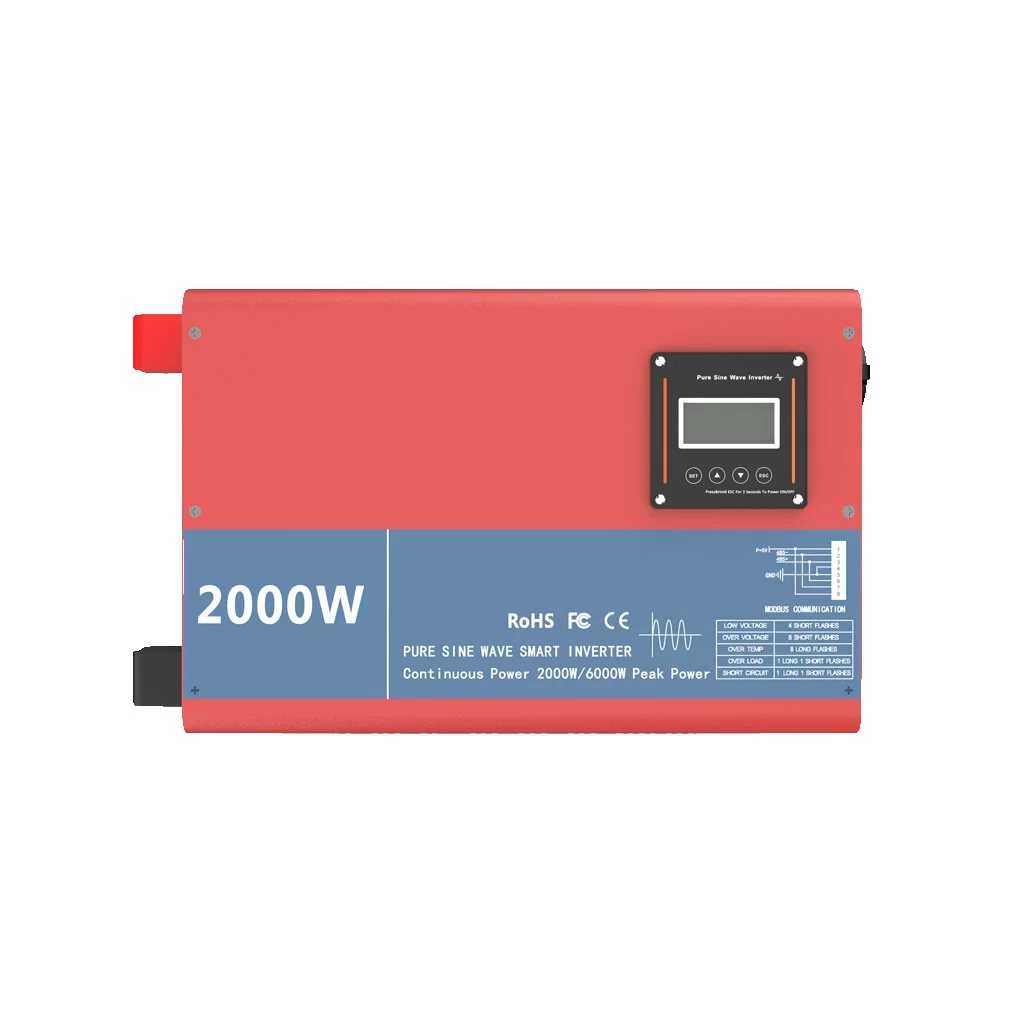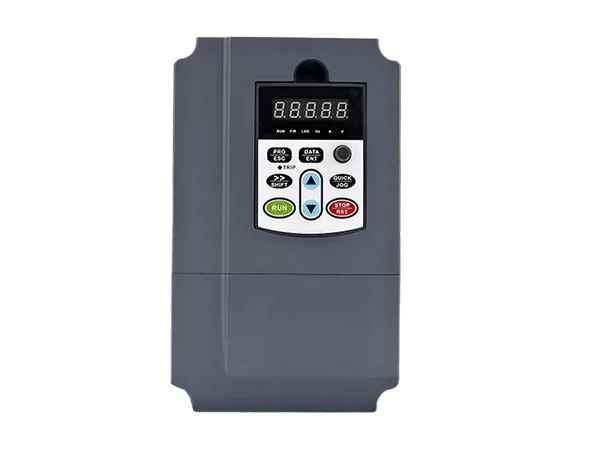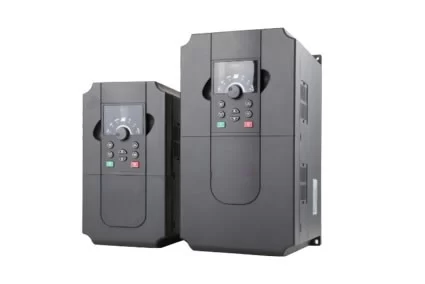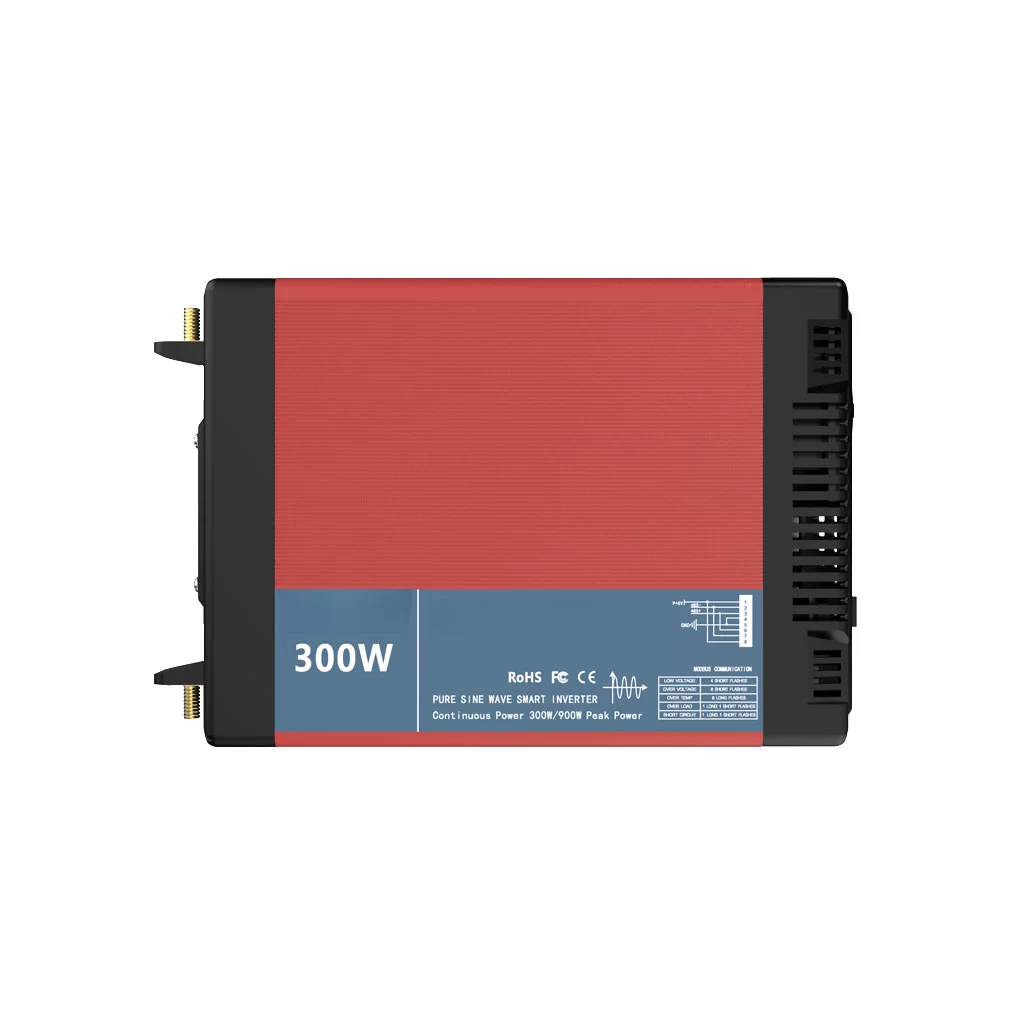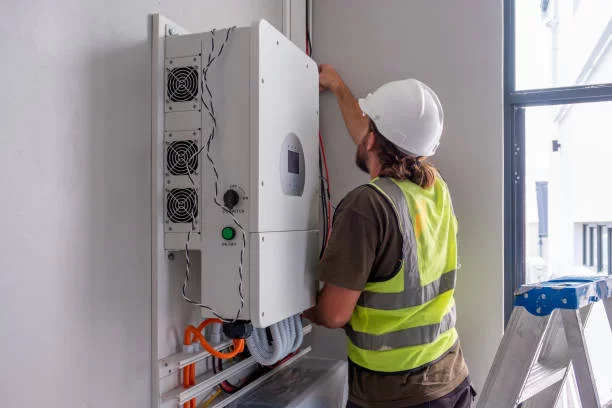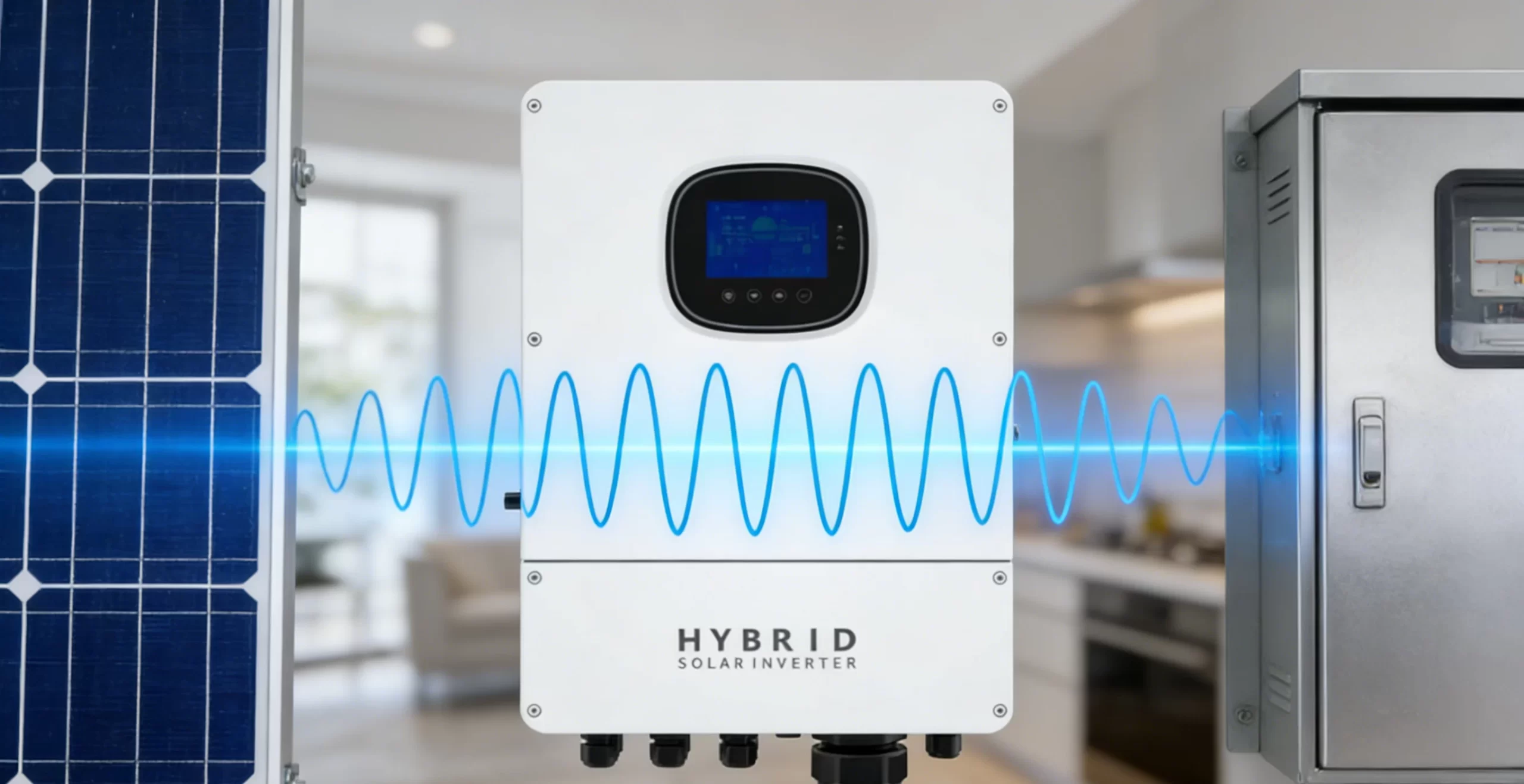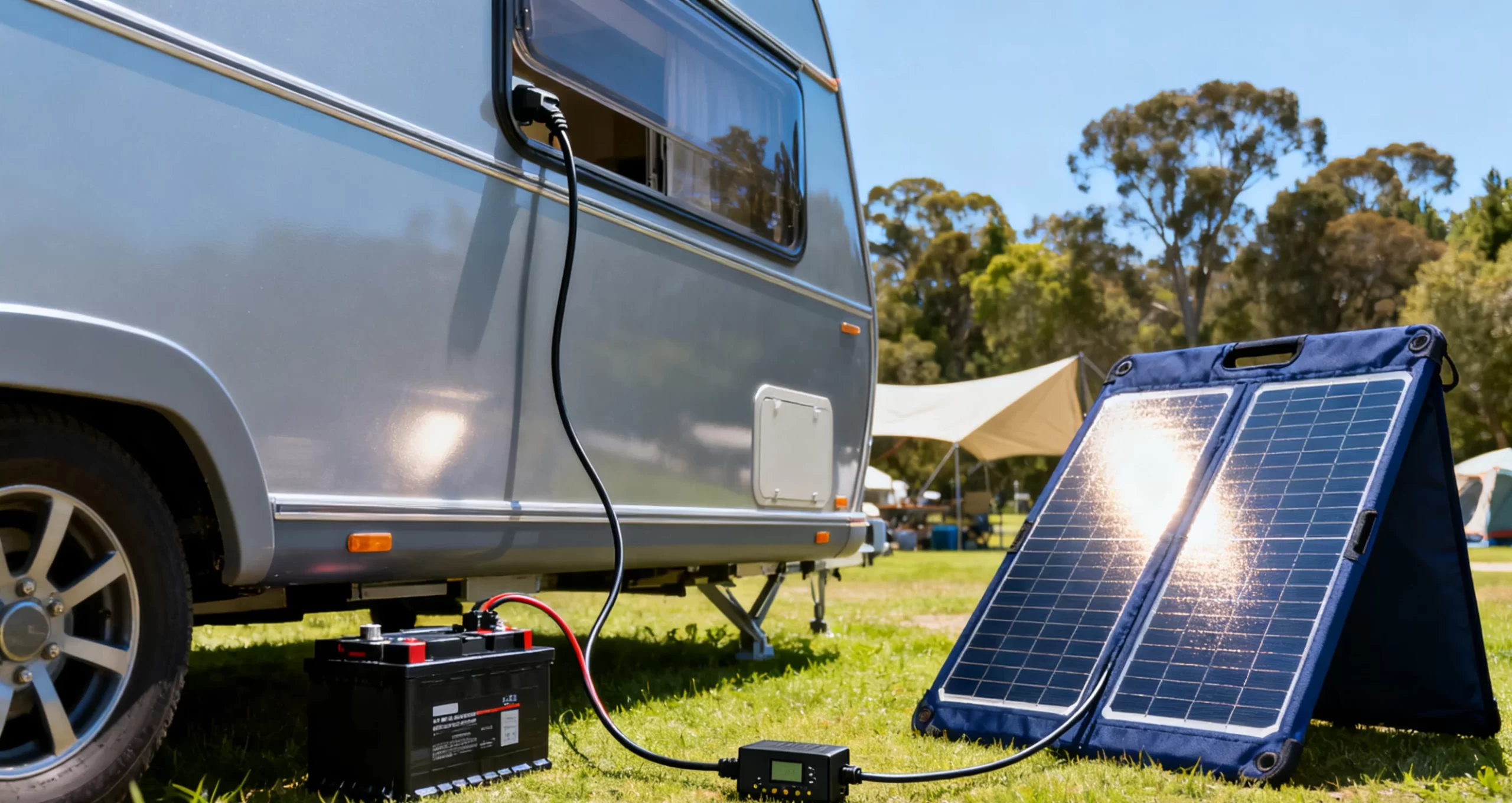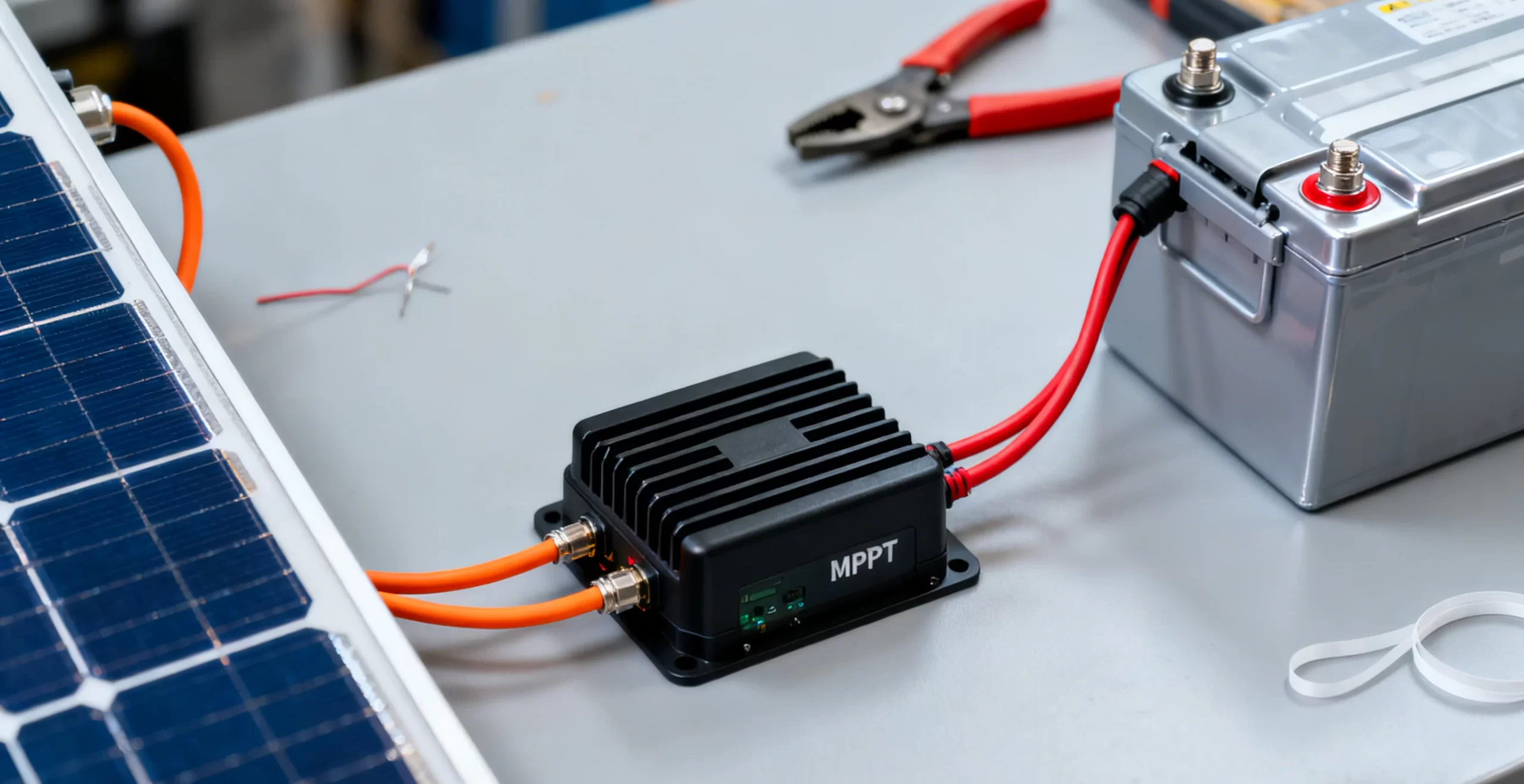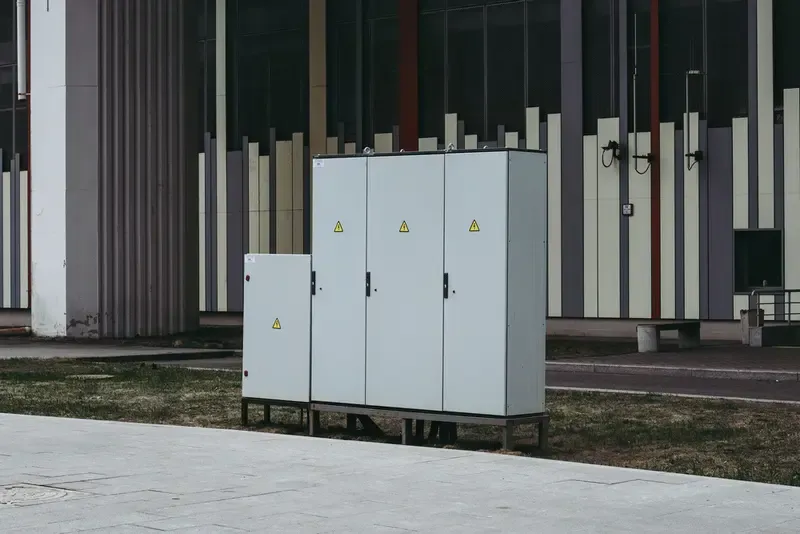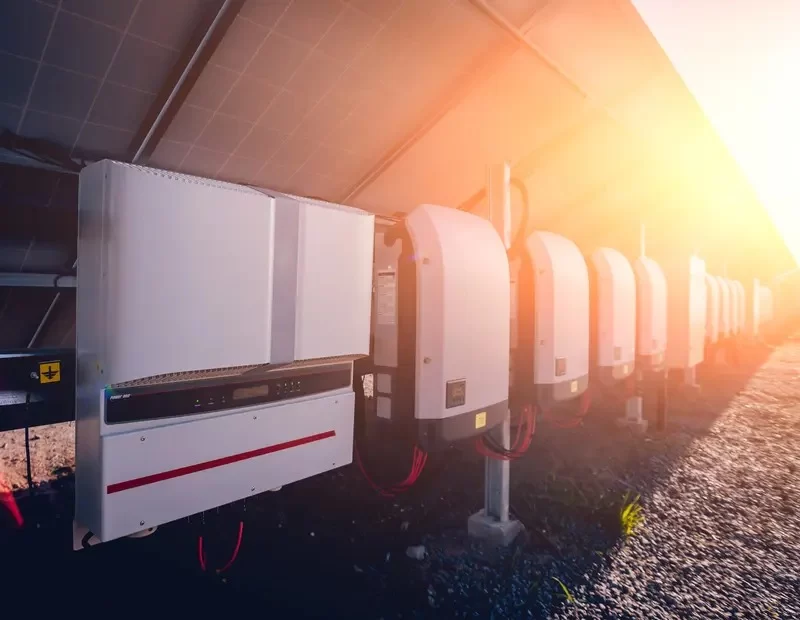Get A Quote Now!
Diagram showing inverter power in watts and its importance
Inverter power is a crucial aspect of choosing the right inverter for your needs. Measured in watts (W), it represents the maximum power an inverter can deliver. Understanding inverter power helps ensure that your electrical system operates efficiently and meets all your energy requirements.
Understanding Inverter Power
Inverter power, expressed in watts (W), refers to the amount of electrical power the inverter can provide. This measurement is essential for determining if the inverter can handle the power demands of your devices and appliances. The watts indicated on the inverter show the maximum output power it can supply.
How to Choose the Right Inverter Power
Based on Electrical Needs
Determine Appliance Requirements: Start by calculating the continuous power needs and peak power requirements of all devices you plan to power. For example, if an appliance has a rated power of 100W, it’s recommended to choose an inverter with at least 300W capacity to ensure sufficient power supply.
Include a Safety Margin: To accommodate potential load variations and peak power demands at startup, it’s advisable to add 20% to 50% more power. For instance, if you need 100W, selecting an inverter with 120W or 150W capacity can provide a safety buffer.
Consider Specific Device Needs: Some devices, such as LCD TVs, might require an inverter with twice the rated power for reliable performance. Similarly, for devices with high startup demands, ensure your inverter can handle these surges.
According to Application
Vehicle Inverters: For car or truck inverters, consider the vehicle’s load capacity and safety. Typically, a 2000W inverter is suitable for most automotive applications.
Solar Systems: In solar energy setups, calculate the inverter power based on the total output of the solar panels and expected energy consumption.
Industrial Inverters: For high-demand applications like communication stations, select industrial-grade inverters designed for high stability and reliability.
Efficiency Considerations
High-efficiency inverters offer lower energy consumption and better performance. When selecting an inverter, consider its efficiency rating to ensure you get the most out of your investment.
Other Factors to Consider
Peak Power: Some inverters can handle higher power outputs for short durations, essential for starting devices that require a surge of power.
Size and Weight: Most inverters are designed with similar principles, but parameters such as size and weight can influence your choice, especially for portable or space-constrained applications.
Selection Tips
Overall Principle
Consider the total power consumption, including both continuous and peak power demands. Use the formula to calculate total power: RP (W) * E / 100.
Example Analysis
In solar grid-tie systems, the inverter’s rated AC output power is crucial. For instance, a 1000W inverter might be needed to support solar panels with specific output ratings.
Summary
Inverter power is a key factor in ensuring your electrical system meets all operational requirements. By understanding your appliances’ power needs, considering efficiency, and selecting the right size, you can choose an inverter that provides reliable and efficient power.
Looking for the perfect inverter for your needs? Check out our range of high-quality inverters today!

